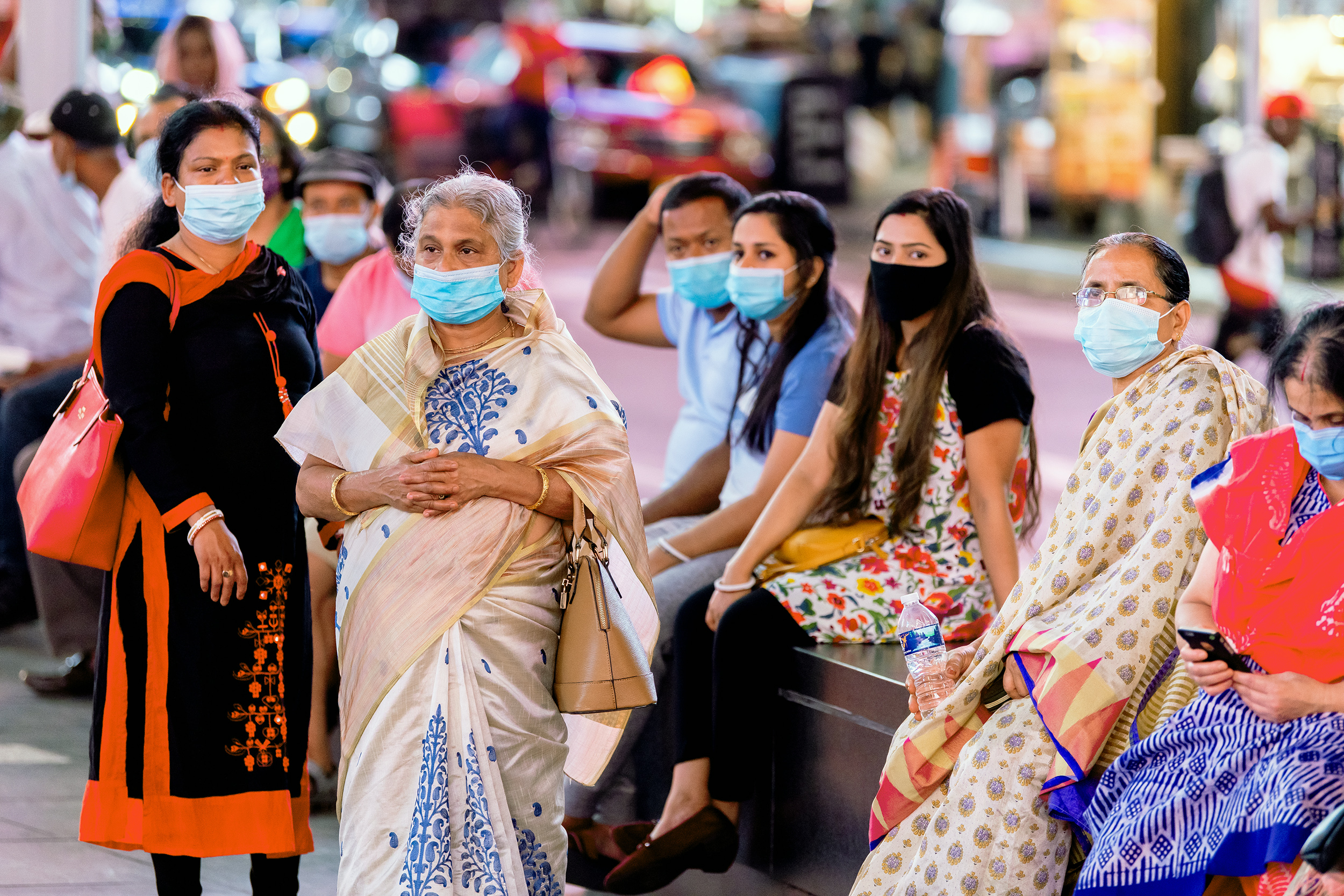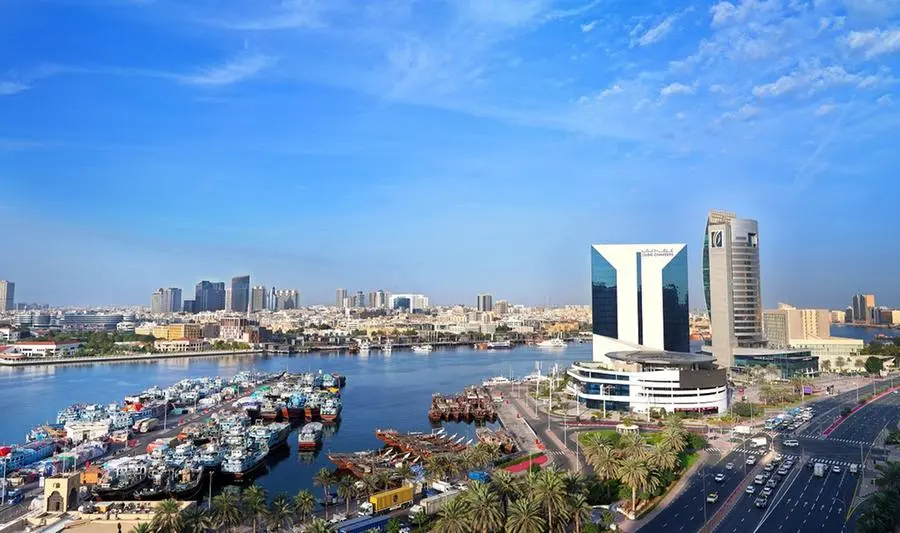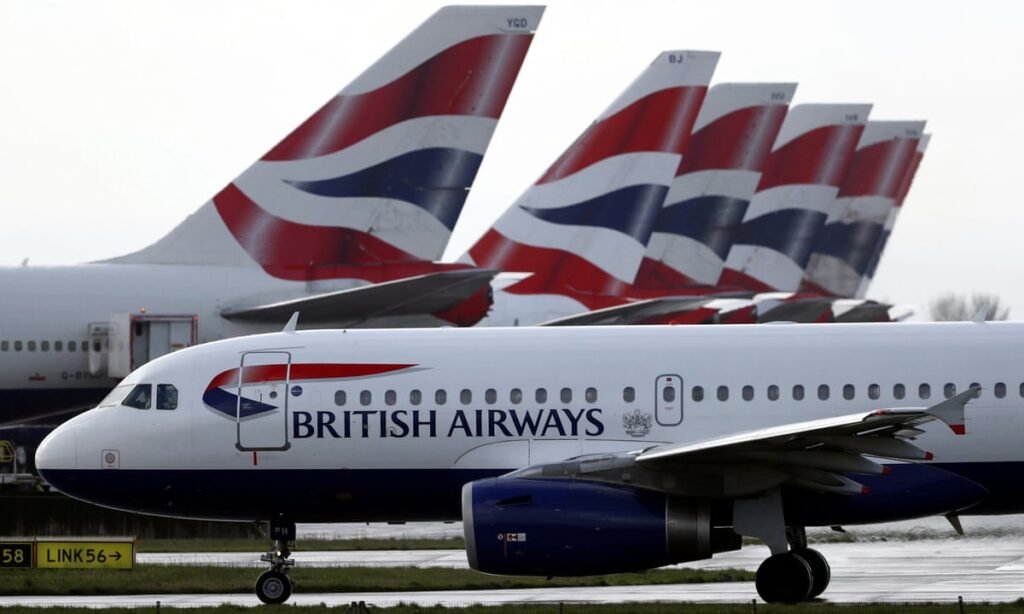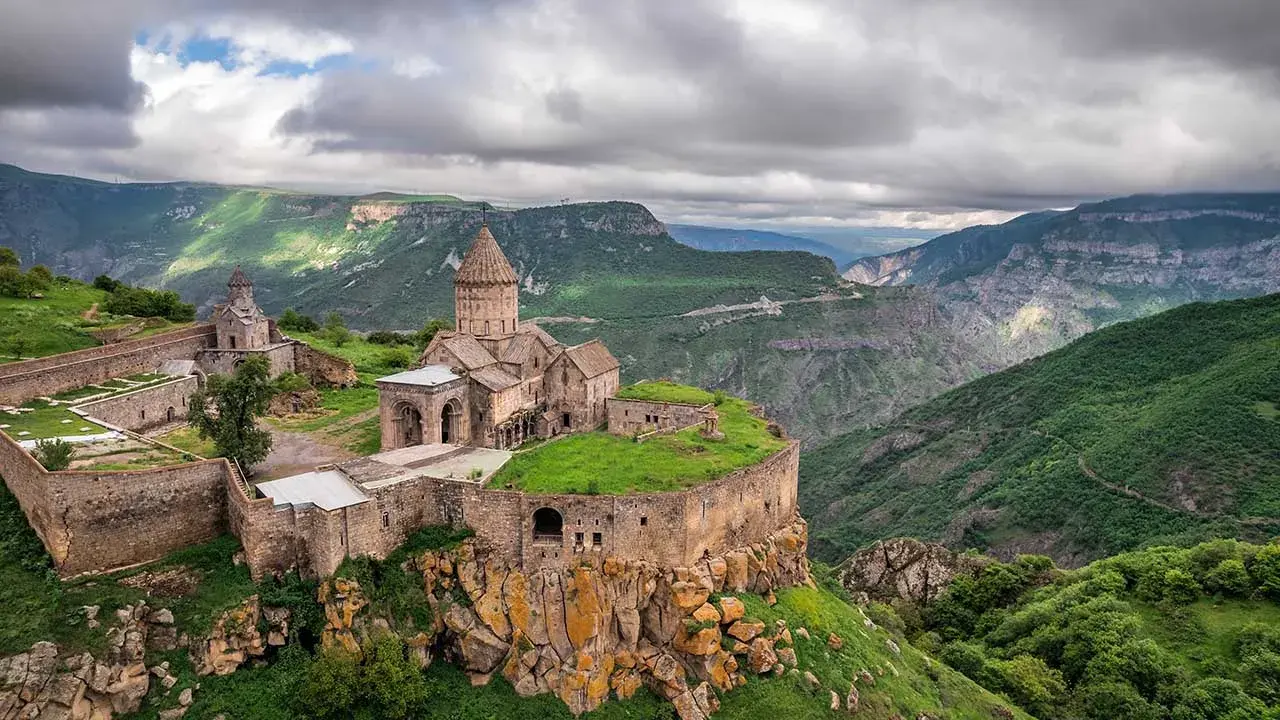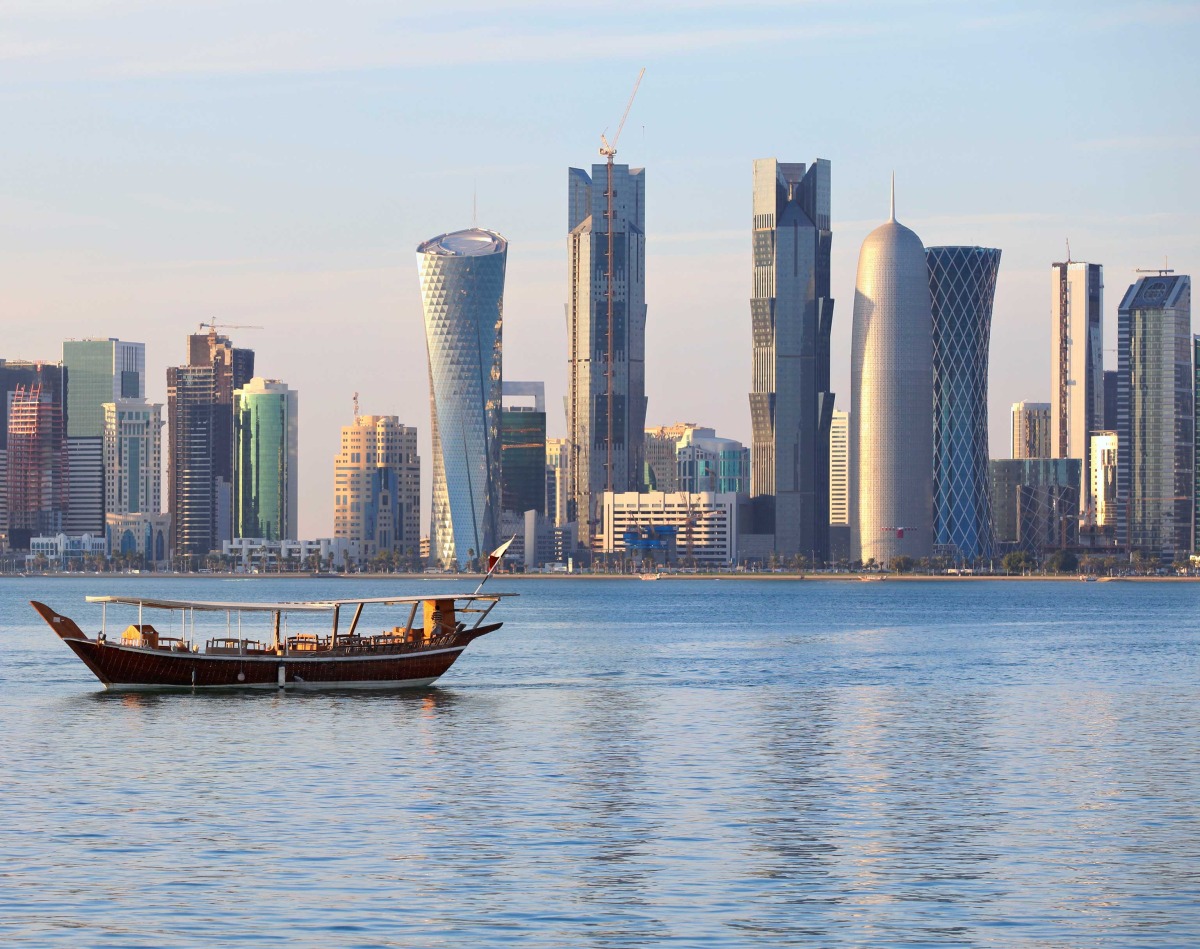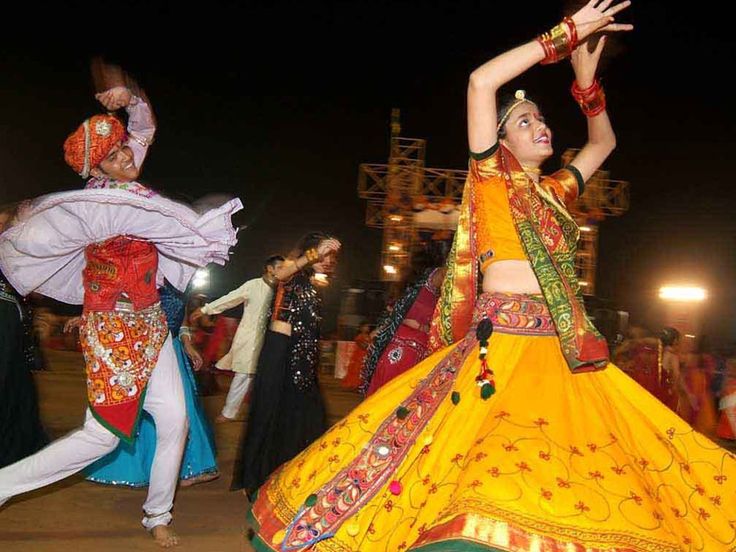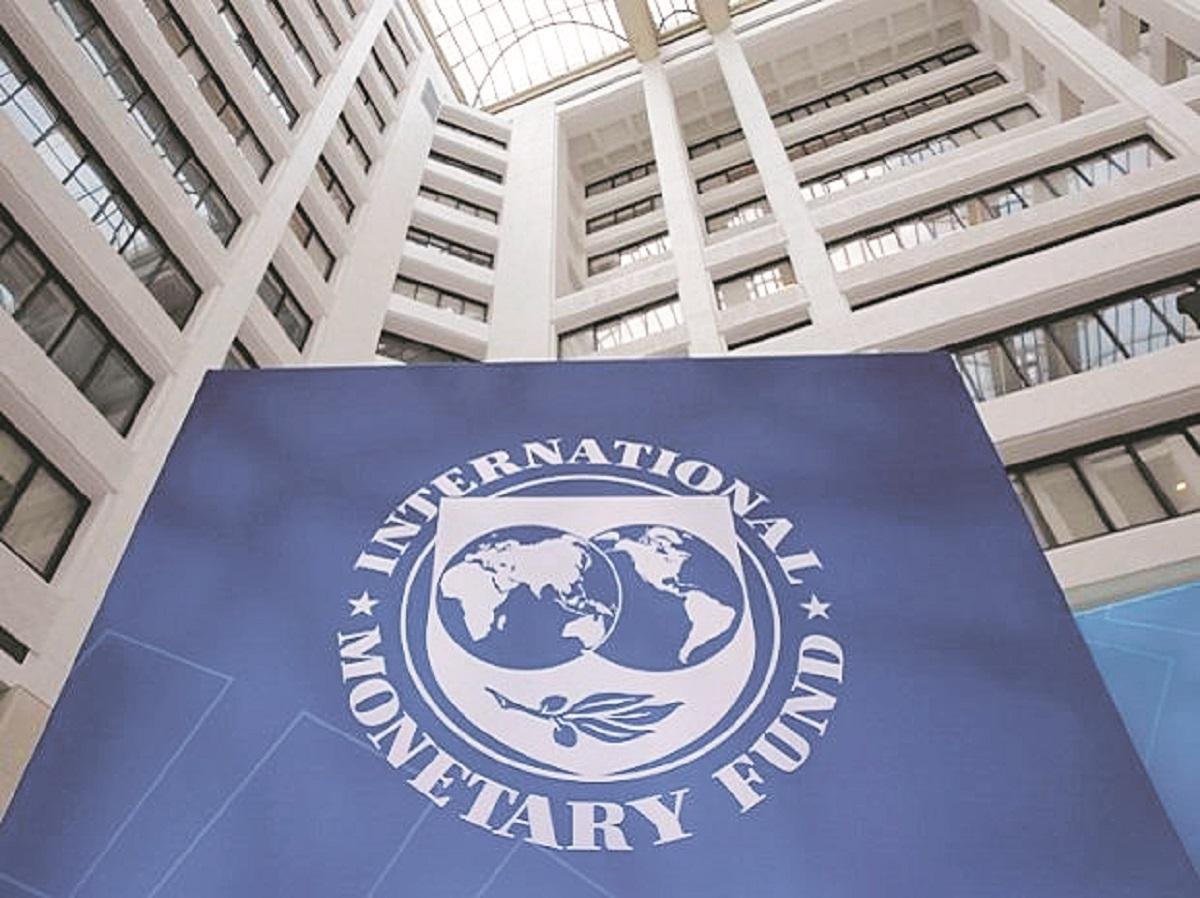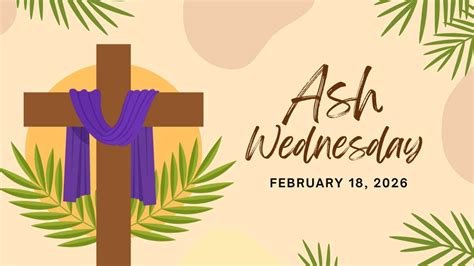Discrimination, homogeneity, and political divide: The complex realities of Indian-american social dynamics
A recently released survey report, “Social Realities of Indian Americans: Results from the 2020 Indian American Attitudes Survey,” sheds light on the multifaceted social landscape of Indian-Americans in the United States. Commissioned by the Carnegie Endowment for International Peace, Johns Hopkins-SAIS, and the University of Pennsylvania, the study explores the intricate dynamics of the Indian-American community, highlighting discrimination, cultural homogeneity, and political polarization.
The survey, based on responses from 1,200 Indian-American residents, conducted between September 1 and September 20, 2020, revealed intriguing patterns within the community. Notably, the report underscores the heightened discrimination faced by Indian Americans, with one in two respondents reporting incidents within the past year. Surprisingly, U.S.-born Indian Americans are more likely to experience discrimination based on skin color than their foreign-born counterparts.
The study delves into the social fabric of Indian-American communities, emphasizing the homogeneity within their social networks, particularly concerning religion. While religion plays a pivotal role in the lives of Indian Americans, there is a noticeable variation in religious practices.
The study suggests that the Indian-American community, often lauded as a symbol of America’s openness to immigrants, is undergoing a transformative phase
Approximately three-quarters consider religion important, but the frequency of religious practices varies, with 40% praying daily and 27% attending weekly religious services.
Marriage patterns among Indian Americans reflect a preference for intra-community unions, with U.S.-born individuals four times more likely to marry someone of Indian origin born in the United States. The term “Indian American” itself is contested, with only 40% of respondents feeling it adequately describes their background, revealing a nuanced relationship with identity.
Political polarization, mirroring broader American trends, is evident within the Indian-American community. While religious polarization exists, partisan divides, influenced by political preferences in both India and the United States, are more prominent. Democrats, in particular, express discomfort with close relationships with Republicans.
The study suggests that the Indian-American community, often lauded as a symbol of America’s openness to immigrants, is undergoing a transformative phase. As the community grapples with religious cleavages, generational differences, and political polarization, there are indications that common bonds may be tested, leading to potential fragmentation. In essence, the currents coursing through the Indian diaspora reflect not only broader developments in American society but also the turbulence afflicting India.
************************************************************************
Readers

